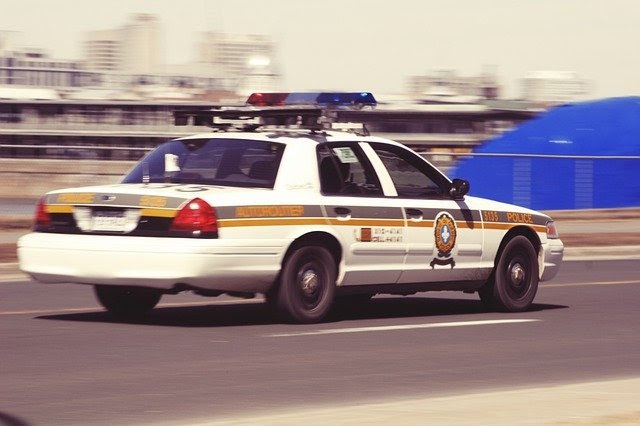It is never a good day when you are involved in an auto accident. There are several hopes when they do occur. One is that your car is repairable and you have the funds and/or insurance to repair it or if it is totaled you have the means to get a new vehicle without financial hardship. The most important hope, though, is that you are not the one responsible for the accident. If you are responsible, this is a whole different ball game. If you are not responsible, then these steps will help you recover and be able to put this mishap in your past in the quickest and most lucrative way.
Safety First
At the scene of the accident, the first thing is to remain calm and stay safe. You are on the side of a road, most likely and you must remain alert to other cars who may not see you or are paying enough attention to see you. Get your flashers on, if possible, and get to the side of the road. This especially applies at night and low lit areas. If there is anyone hurt in your vehicle, get medical personnel to the scene as soon as possible by calling 911. Either way a call to the local police is recommended.
Jumping out of the car in anger like a madman because you will now be late for wherever you were headed may get you hurt if you are not paying attention to your surroundings and make the whole situation worse.
You should also keep alert for the smell of gas or smoke or the sight of fire from around either of the vehicles signalling to get out of and away from the car with your passengers and belongings is imminent.
If you were indeed injured in the accident, getting someone who can help you with all facets of the injury will make your life much easier. If you contact a personal injury attorney in Denver quickly, they will help get you back up on your feet and compensated much sooner than if you were to decide to go on the legal journey yourself.
Other Vehicle and Driver
Once you ensure that the other driver is not injured and the coast is clear from approaching cars, it is time to exchange your insurance information. Cordial speech is not required but recommended and do not discuss what happened or tell them it was not their fault. That is not your place to discuss. The police and insurance agents will question you and decide the outcome. Yes, even if you know the other driver was at fault.
Pictures
Since everyone seems to have a smartphone with a camera nowadays, it has gotten easier on law enforcement and insurance companies to determine the cause and negligent party in an accident. Now is the chance after exchanging information to do so. Take pictures of the cars involved, paying close attention to the damage caused. Also, take pictures of the intersection of the road and any other variables that could help your case, and therefore your compensation happens in a more timely manner.
Witnesses
Was this in a public space where they may have been people who saw what happened? Getting their names and phone numbers or asking them to stay for when the police arrive to give their testimony would be a good idea. Having the names and numbers for your insurance company might also be helpful for further questions, anyways.
Law Enforcement

Hopefully, the police show up quickly so you can get the accident report done and move on with your day, assuming your car is in drivable condition. In that respect, if your car is not drivable, getting some alternate transportation can now be taken care of. Plus your car will need to go to the shop or the tow truck’s lot.
The Insurance Step
Now that everything is taken care of and you have a police report, call your insurance agent to relay all pertinent information to them. Your insurance company will most likely also tell you to not discuss anything with the other driver, their insurance company, or their lawyer if they decide to get one of their own. If they do, get their lawyer, consider getting one yourself.
This article is a step-by-step outline of what to do to ensure you get a fair maximized settlement. Although every accident situation is different, these steps remain the same in context. Eagerness to close the case or thinking you were somehow to blame will only hurt your case and therefore not advisable.


